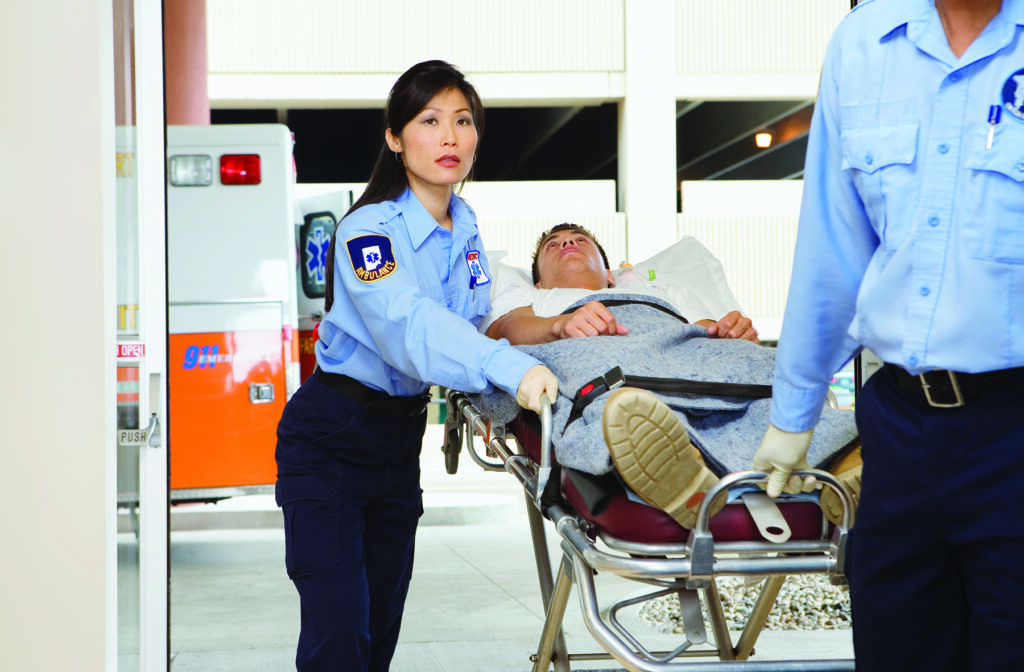Our community partnerships are essential to our ability to offer “comprehensive” services to people in all stages of life. By collaborating with others, we can reach clients where they are – in rural and populated communities, near home or work, at school, in a correctional facility, living in encampments, or being treated by first responders
Our partnerships with law enforcement agencies, fire departments, emergency medical services, and hospitals enable us to come together, work towards common goals, brainstorm solutions, and apply interventions for the safety of individuals and our community. We like to think of first responders, hospitals and behavioral health as a trio working in unison.
For example, we have specific Designated Crisis Responders (DCRs) embedded in the Yakima Police Department, and the Yakima County Sheriff’s Office. The DCRs –mental health professionals trained to engage, assess and help individuals experiencing mental health crises – ride along with law enforcement officers and serve as primary points of contact to help de-escalate situations and link community members with the care they need.
“DCRs enable law enforcement to go beyond their traditional roles in the community and bring in mental health resources that an officer simply cannot provide,” said Yakima County Sheriff, Robert Udell.
In an emergency, having a mental health professional on-site to approach someone experiencing a mental health crisis helps to stabilize the situation and support positive outcomes. Plus, working closely together leads to hands-on learning and sharing information. First responders learn strategies to connect with individuals experiencing behavioral health needs, and our mental health professionals keep a strong pulse on what is happening in the community.

Many people experiencing severe behavioral health challenges or crises seek help by going to the emergency room (ER). So, our crisis team works closely with the medical staff to problem-solve, address concerns in real-time, and connect behavioral health patients to facilities or programs designed to address their needs. In the process, we help them move on from the ER, which also helps to ensure that there are beds available for medical patients when needed.
Read the full Spring 2024 Vibrant Communities here



